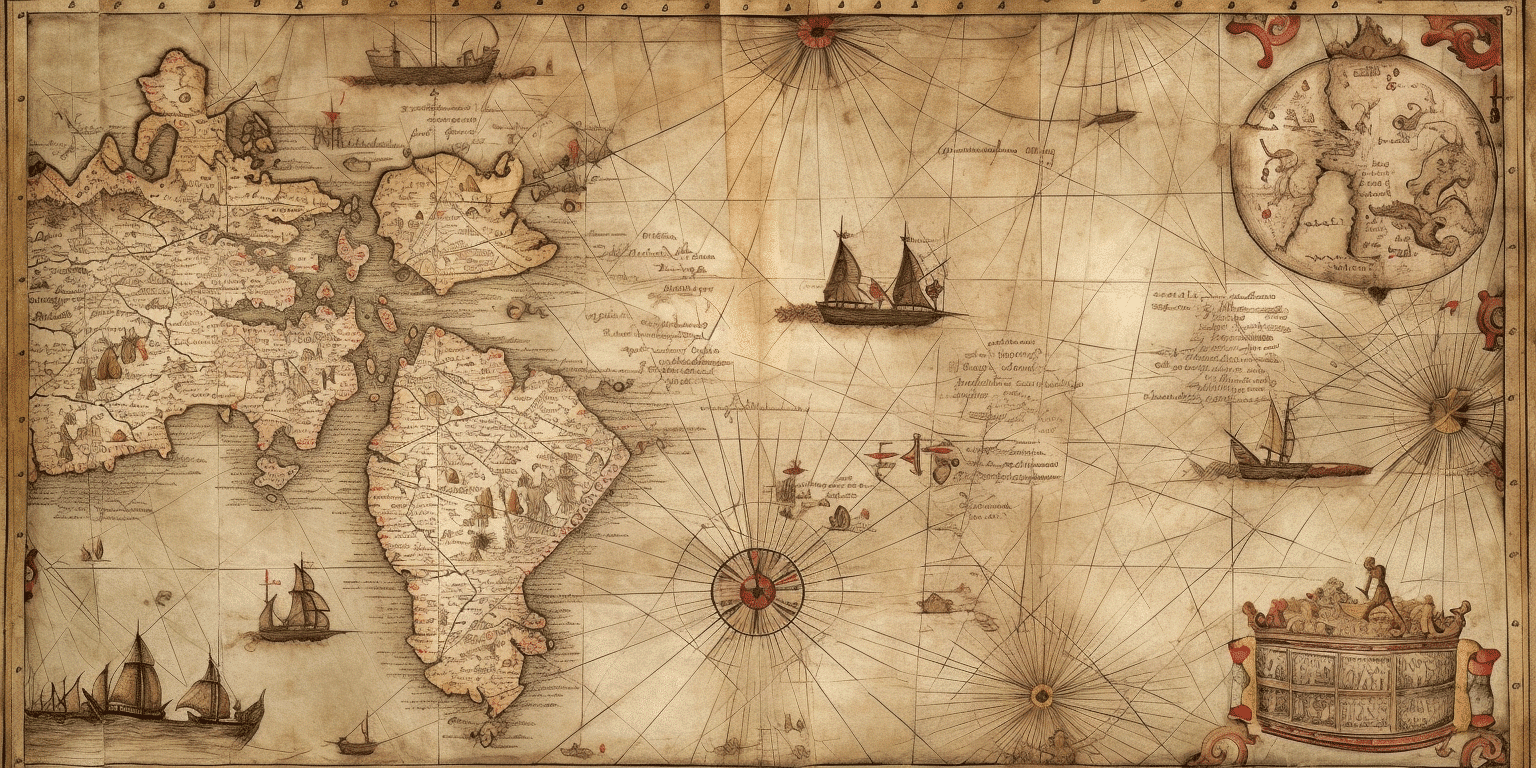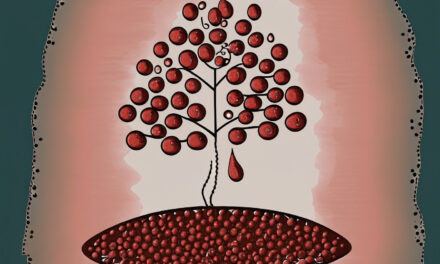The history of coffee is a rich and fascinating tale, woven into the fabric of many cultures worldwide. For Indonesian coffee drinkers, the story is especially captivating, as the country’s coffee industry has played a significant role in shaping the global coffee landscape. This overview will delve into the origins, spread, and cultural impact of coffee in Indonesia, highlighting its importance in the worldwide coffee community.
The Birth of Coffee…
Legend has it that a shepherd named Kaldi observed his goats frolicking with unusual energy after consuming the red cherries of a particular plant in ancient Ethiopia. Intrigued, Kaldi shared the cherries with a local monastery. The monks discovered that the beans inside the cherries, when roasted and brewed, created a revitalizing beverage that kept them alert during late-night prayers. Thus, coffee was born.
A Taste That Traveled the World…
Over the centuries, the allure of coffee spread throughout the Arabian Peninsula. By the 15th century, the enticing brew reached Persia, Egypt, and Turkey, where it was embraced with enthusiasm. Coffee houses, known as “qahveh khaneh,” sprouted up, serving as social hubs for people from all walks of life.
Europe soon caught wind of this invigorating elixir, and by the 17th century, coffee houses flourished in cities like Venice, London, and Paris. As the popularity of coffee grew, so did demand, leading to the establishment of coffee plantations in far-off lands, including the Caribbean and Indonesia.
Coffee in Indonesia…
Indonesia’s rich volcanic soil and tropical climate proved to be ideal for coffee cultivation. By the 18th century, Dutch colonialists had introduced coffee plantations across Java, Sumatra, and Sulawesi. Today, Indonesia is among the world’s top coffee-producing countries, renowned for its unique, high-quality Arabica and Robusta beans.
The impact of coffee on Indonesian culture is evident. The culture of gathering for coffee, known as “Ngopi,” has been an integral part of our social life for centuries. Over time, various local traditions and variations have also formed. For instance, there’s “kopi tubruk,” where coffee powder is mixed with hot water and allowed to settle. There’s “kopi luwak,” made from coffee beans processed by civets. And there’s “kopi joss,” which involves brewing coffee using still-glowing charcoal.
Compared to other countries, our society has formed unique preferences. For instance, while espresso-based beverages are very common in Italy, we prefer black coffee or coffee with sweetened condensed milk, known as “kopi susu.”
In recent years, specialty coffee has become an ascending trend in Indonesia. Specialty coffee cafes have started to pop up, offering coffee that prioritizes high-quality beans, professional roasting, and good brewing techniques. Accelerated by the Covid-19 pandemic, there has also been an increase in various manual brew techniques (such as V60 and Aeropress). This trend reflects the development of the coffee industry and our society’s growing appreciation for the quality of a cup of coffee.
Hope for the Future…
From its discovery in Africa to its development in our culture, the story of Indonesian coffee is a historical reflection that links various cultures and nations through a cup of coffee. From its propagation by the Dutch VOC to becoming one of the largest coffee producers in the world, it’s undeniable that our coffee plays a significant role in the global coffee industry. And I believe, with our society’s growing awareness of the potential quality of our indigenous coffee, our contribution to the world will continue to evolve.




